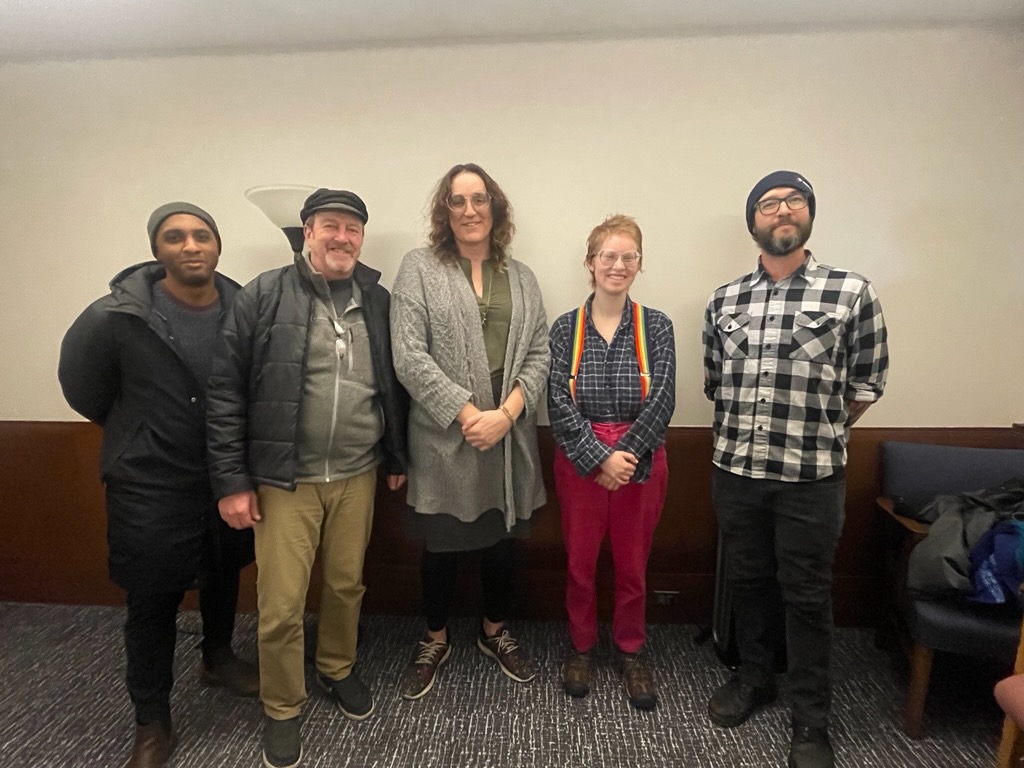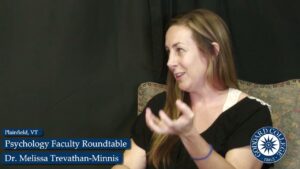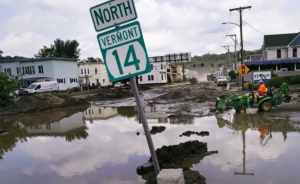
by Martha David, (EDU – Seattle Dual Language Concentration- Early Childhood Education ’19)
BEGINNINGS OF AN EDUCATOR
At age of 5 years old my mother registered me in school. She walked me to school and left me in front of the school and I had to find my way to the classroom.
I spoke my hometown language only, which is Garifuna. I am from Honduras and in Honduras there is a group of people called Garinagu. I belong to that ethnic group.
Thanks to God, I found a cousin of mine in the hallway of the school. Her name was Cioli. I spoke to her and told her that it was my first day of class and I had no idea of where I was going.
She told me, “Me too! Let’s find it together.”
We walked and walked and finally we asked one other girl if that was the five-year old classroom. She responded, “Aye.” We walked in and there was the teacher. She just looked at us and pointed for us to sit down. I was still nervous.
Right after that, she took the attendance and when she called my name, I said, “Anahaya.”
The teacher responded, “¿Qué?”
And another child told me to say, “presente.”
I said, “presente”. I was my first word in Spanish. She didn’t say much to us. She just wrote things on the board and then read it. She would give us homework with many repetitions.
It was there where I was first introduced to a new language; that language was Spanish. I had heard people speaking Spanish before I started school, but I did not comprehend what they were saying until I began school. The first day was very scary.
Back in the day in Triunfo de la Cruz, which is my hometown, I did not hear any Garifuna spoken in the school setting. The teachers only spoke Spanish with me. The elementary school had one class per grade of about 30 children each. The teachers were not from Triunfo; instead they traveled into our community from the nearby town of Tela. Although they were Honduran, they were not Garifuna. Their ethnic background was likely Spanish with also Indigenous and African roots. However, they did not acknowledge these roots. In fact, it was clear that they did not respect, approve of, or honor our Garifuna heritage.
They did not use or support our language in any way. If we spoke Garifuna in class it was frowned upon. As a result, we hardly spoke any Garifuna. Not even on the playground.
When I got to six grade, the school began incorporating teachers that were Garifuna into the school. We knew she was Garifuna, we were able to talk with her, but when it came to giving her lessons, they were all in Spanish.
This was unfortunate because almost all of the children were Garifuna.
GARIFUNA MUSIC AND DANCE
We lived near the seashore and many of the men were fishermen. The very first person who taught me my first language was my mother; her name is Rita. She spoke to me only in Garifuna since as early as I can remember.
In our community there were about 1,000 Garifuna people.
My mother taught me all she could mostly by combining words and objects. She would sing songs in Garifuna to us and tell us stories – stories that I later told my daughters about our ancestors’ lives. The stories told of the challenges of people who did not speak Spanish and had their first encounters with Spanish-speaking people.
My first memory of the Garifuna drum and Punta musical traditions was watching my mom who used to participate in a cultural game called Tira. They would put on nicely decorated hats and beautifully colored dresses. The group of women would each have a machete and they would dance to the drum. Each group of women would have a different color of dress. There were two groups, one on each side. They dance towards each other with their raised machetes and when they met in the middle they would clang machetes together and then return to their side.
I feel that music and dance were a part of my literacy story.
CARING FOR CHILDREN
I was born in Honduras, Central America, and I speak three languages (Garifuna, Spanish, and English). I am Garifuna, a member of a trilingual ethnic group that originated in Saint Vincent and now lives along the Atlantic Coasts of Honduras, Nicaragua, Belize, and Guatemala.
I am developing a curriculum to teach all three languages in our community. However, my deepest passion and desire is to learn how to use theatre and drama to help Garifuna children rescue and maintain their mother language, and along with that, their identity as Garinagu.
I have over ten years of experience working with and caring for children. They are my passion. I have worked in dual language settings as a toddler teacher and a preschool teacher. I also organize weekend classes for children and families teaching Garifuna.
I am part of a performing group, Hagucha Garinagu, sharing our traditional song, music, and dance. I have two beautiful daughters, who are also trilingual and proud of their heritage. I hold the Washington State Department of Early Learning Initial Certificate (ECE) and a Child Development Associate (CDA) certificate.
I am a part of the Latino Childcare Task Force and a study on Indigenous Languages and Trilingual Approaches. As an early childhood educator, what is most important to me is supporting children’s language and cultural identity. My work with children and families is based on recognizing and respecting each child in the classroom.
I enjoy bringing sensory materials, music and dance activities, and art experiences to my young students. I use positive guidance, gentle redirection, explorative play, and joyful loving interactions as the base to my curricular approach with toddlers.
GARIFUNA & GODDARD
Goddard College is a diverse, multicultural place which inspired me to know who I really am.
At the beginning, I knew that I was Garifuna, but I didn’t realize that behind that it meant so much more: People, culture, dance, ancestors, belief systems. It was encouraging for me to know that I wasn’t the only one in Goddard who was from a culture other than European. Every student was uncovering the significance of who they are.
Goddard helped me to explore what it means to be Garifuna and to tell my story.
The Dual Language Early Childhood Education Concentration is offered in Goddard’s Bachelor of Arts and Master of Arts, and was developed in partnership with the Center for Linguistic and Cultural Democracy. It is the only dual language early childhood model of its kind currently offered in the United States.
Tell your story and integrate your learning into the exploration of your identity. Find out more about Goddard’s unique offerings in education degrees at Get Info







